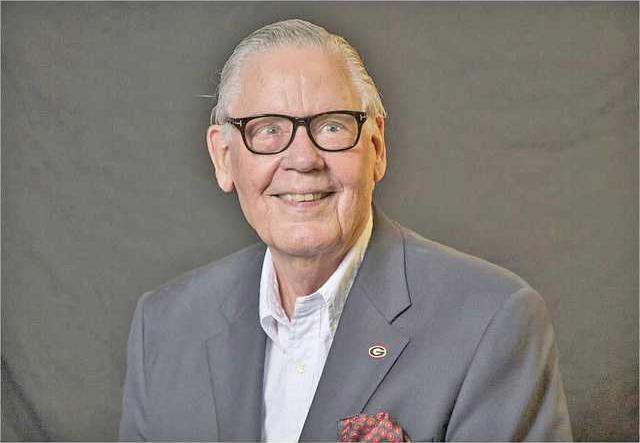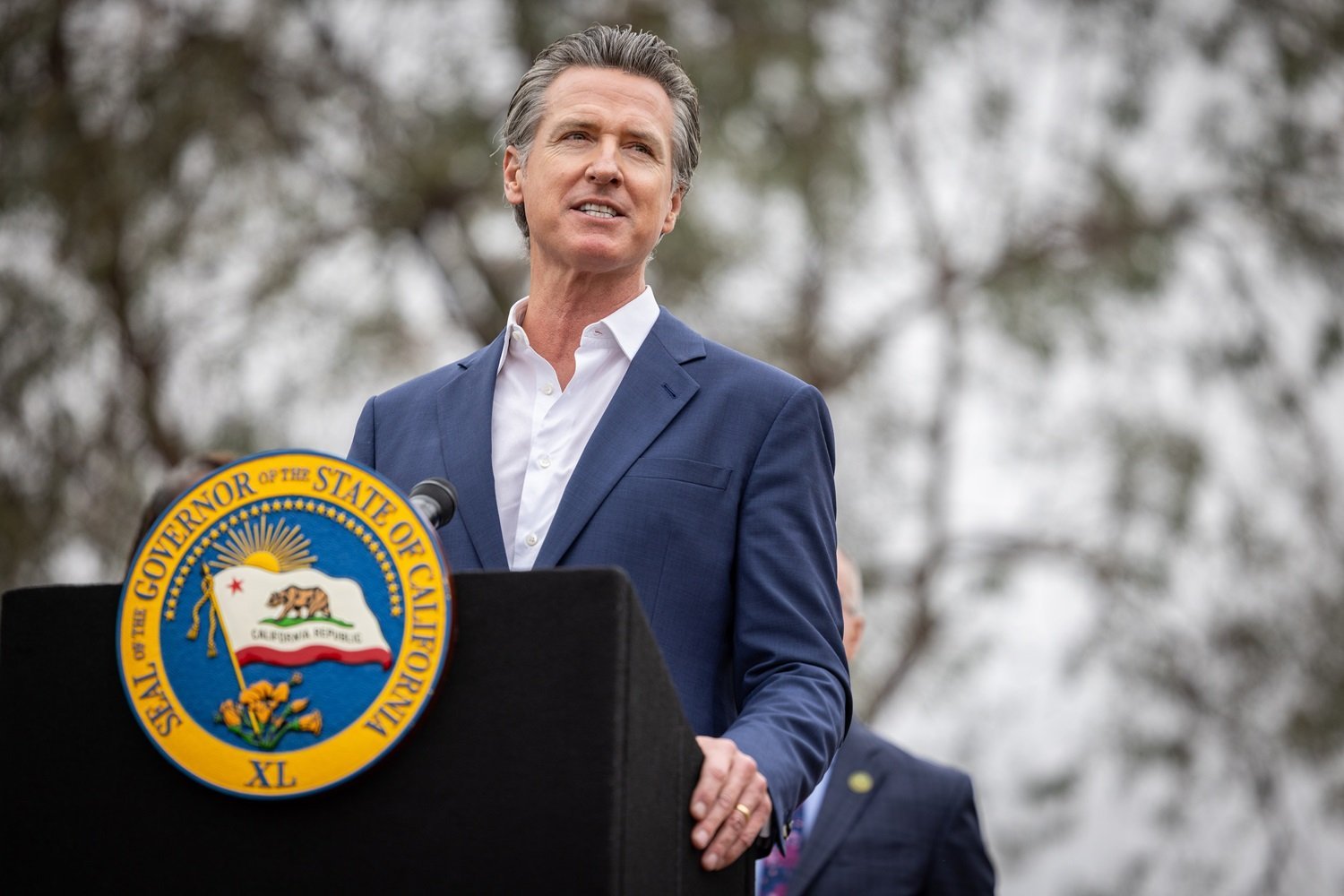Earlier this month, footage was released of one of Will Smith’s gigs which was allegedly AI-generated.
Snopes agreed that the crowd shots featured ‘some AI manipulation’. You can watch the video below:
Will Smith is being accused of posting a video that features AI-generated shots of fans cheering in the crowd during his tour pic.twitter.com/1Zvmp1p8MgAugust 27, 2025
Eagle-eyed viewers who paused the footage spotted some telltale signs: namely, that the AI ‘fans’ in the video looked less like humans and more like, well, alien creatures in a horror movie who are desperate to suck out your soul. Their hands were elongated and had more fingers than the children of incestuous relationships, while their blurred facial features resembled melted candles in the shape of ghouls.
Nonetheless, it turns out the emotive slogans were real and were held by real Smith fans, such as Patric and Géraldine of Switzerland, who held up a sign saying “‘You Will Make It’ helped me survive cancer. Thx Will’. And to be fair to Smith, it appears that the massive crowds in the video were real: his team had merely used AI to turn still images into short videos.
Green Day laughed at Smith on Instagram, posting a shot of their fans at a gig with the caption: “Don’t need AI for our crowds”.
However, though his motive seems to be simply generating AI videos from stills, Smith’s is unlikely to be the last example we see of performers using AI footage of fans. Every music artist wants a full-to-bursting, over-emotional stadium crowd who are hysterical with joy at seeing their idol(s). So if you, unlike Smith, personally can’t get real footage of that, then why not fake it? (Probably because the internet is full of merciless, critical sleuths who are going to roast you until you’re a smoking heap of charred remains.)
Donald Trump’s team have allegedly paid extras to appear at his rallies to fill spare stadium seats, but that’s expensive and also risky as people might not show up – or, even worse for the team, Democrats might turn up. Generating AI footage is far cheaper, even if it burns trees.
You could also make your crowds as attractive, young, unisex, and ethnically diverse as you want – even if the pause button does reveal them to be more horrifying than the zombies in I Am Legend.























